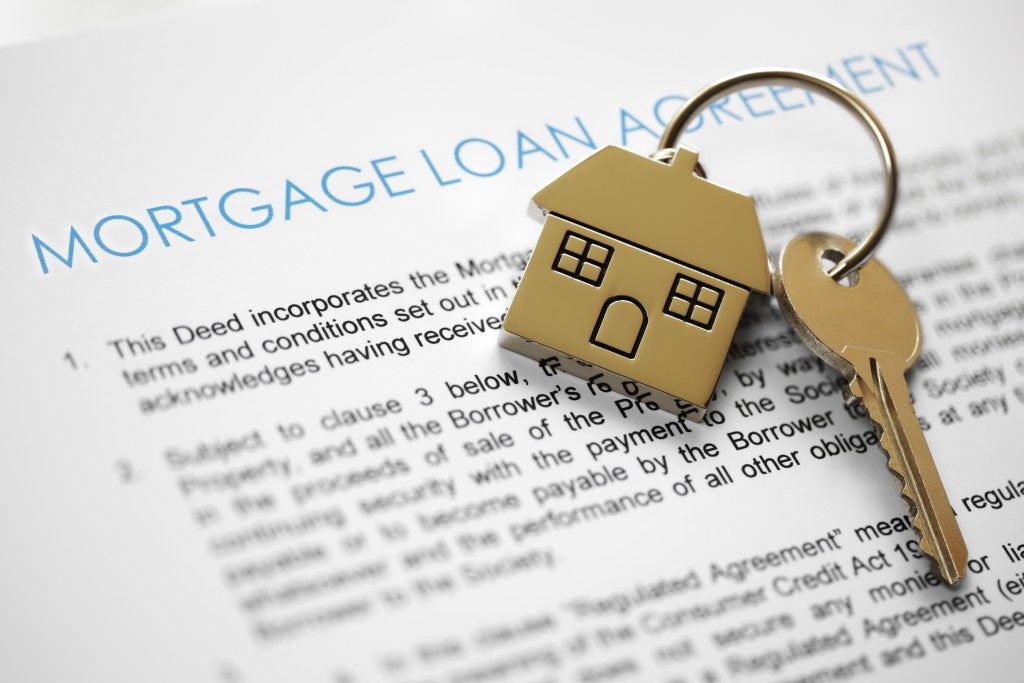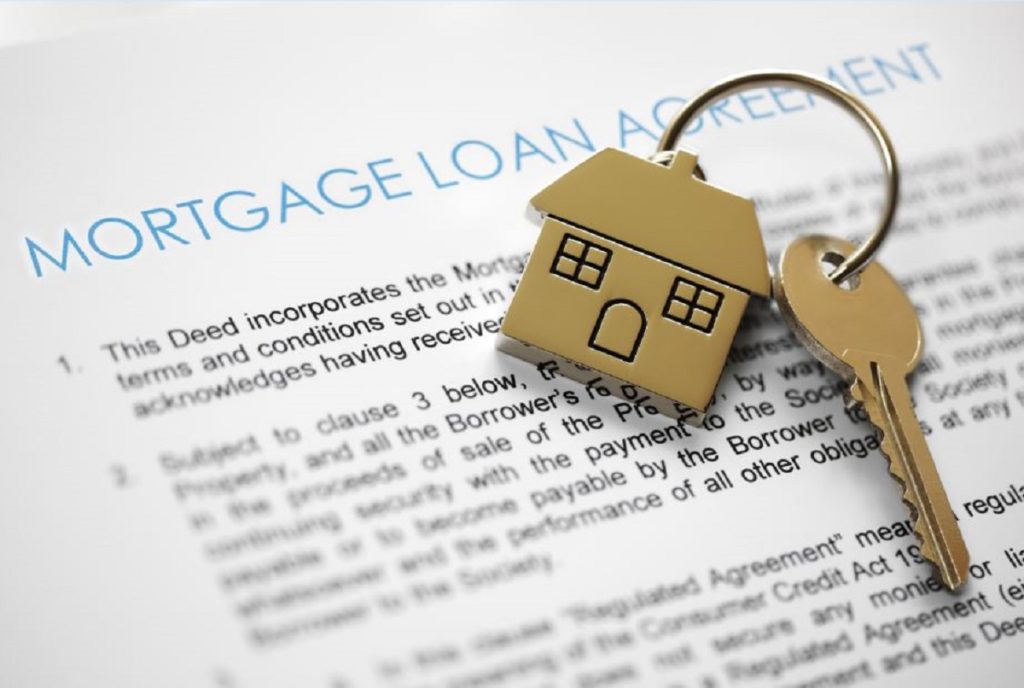Reverse mortgage — you’ve probably heard or read about it in an advertisement before. At this point, you might already have a good idea of what a mortgage is, but you’re likely wondering if you got the “reverse” part right.
If you’re planning to apply for a mortgage loan in Boston and thinking whether this kind of mortgage could be right for you, read on.
What is a Reverse Mortgage
A reverse mortgage is a type of loan. In this kind of mortgage, a homeowner borrows against their home’s equity. When you qualify for a reverse mortgage, you can get either a line of credit or a certain amount that you can get in a lump sum or through monthly payments. The loan proceeds can help you cover unexpected expenses, fund travel, or help you get through day-to-day financial needs.
Reverse mortgages differ from regular mortgages because to qualify for one, you need to already have ownership of the home which equity you’re planning to borrow against. Otherwise, you should have at least paid off most of the existing home loan.
There are several programs under reverse mortgages. Depending on what plan you choose and qualify for, the lender may require you to pay in flexible monthly payments. Meanwhile, others won’t have you pay any amount at all, but take possession of the property when you pass away.
Did that bit about the lender taking your home after your passing surprise you? This repayment option is given because a reverse mortgage is specifically for homeowners 62 years old and above. It is a loan that makes it possible for retired seniors to take advantage of their property’s equity but do not want to sell it while they’re still living.
How Does a Reverse Mortgage Work
In a reverse mortgage, a homeowner gets the chance to convert their home equity into cash. In most cases, the borrower will no longer have to pay monthly payments if they choose to. A reverse mortgage is called as such because the lender is paying the homeowner, not the other way around.
When a homeowner gets approved for a reverse mortgage, they can choose how to get the payments and only pay the interest on the proceeds that they receive. However, that interest is applied to the loan balance. As a result, the homeowner has the choice not to pay anything upfront.
The borrower gets to keep the home’s title over the loan period. But as the home essentially becomes the collateral, the lender will assume their right to possess the property when the homeowner moves or passes away. When the house sells, the proceeds will be used to repay the loan’s principal amount, interest, fees, and insurance. Any amount left after those payments will be given to the homeowner or their estate if they have already passed away.
How to Qualify for Reverse Mortgage

If you’re 62 or older and you think reverse mortgage suits your financial needs, note that there are other qualifications you need to meet, such as:
- You must own the home and it serves as your primary residence
- The property needs to be in good condition
- The property must be residential (single-family, multi-family, manufactured home, and select condominiums)
- If the property is still mortgaged, the majority of the equity should already be yours and there is only a little loan balance amount left to pay
Make Sure You’re Making the Right Decision By Working With the Right Mortgage Professionals
Just like any other financial product, a reverse mortgage can prove beneficial when appropriately handled. It’s a must that you understand everything it entails think about your decision carefully before proceeding. You should also stay cautious as there have been reported reverse mortgage scams that target senior homeowners. For best results, make sure that you work with reliable lenders that have a good track record.



